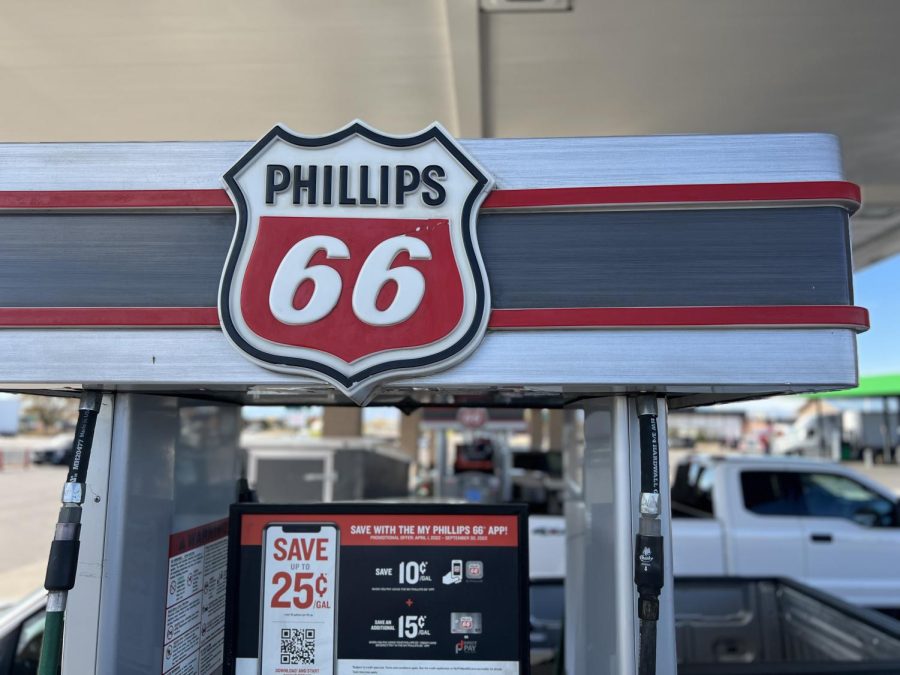Woman claims denial of entrance at Phillips 66 gas station for service dog
Individuals with disabilities are protected under the ADA to be provided with service regardless of preference among staff and establishments at public areas
Service animals and their owners are protected under the ADA.
The following was witnessed and recorded, using a cellphone, by a member of The Mav Student News. The name of the woman alleging discrimination was not disclosed. Because we have footage of this event and spoke with the woman afterwards, we are reporting based on recorded audio and an eyewitness account.
On Oct. 20, 2022 a verbal argument broke out between an alleged service dog owner and staff member at the Phillips 66 Gas Station near I-25 and 119 in Longmont. The staff member asked that the dog leave the building.
Video footage shows that the interaction continued. The woman stated her rights under the ADA and told the employee that she had a medical need as a result of seizures and that her dog was trained to alert her when she is about to have a seizure.
After the altercation, the woman said, “It doesn’t matter. My dog is my service animal. He is my lifeline. Without him, I might die.”
“He wears a vest for a reason, and I can’t walk without him,” she said. The woman added that she could fall down if he does not alert her.
The Mav has not independently verified that this dog was a service dog.
Under Colorado Law as well as the Americans with Disabilities Act, the access to spaces used by the public is protected for service animals as well as their owners. The only public spaces service animals are not allowed to be in are spaces where safety is a concern (for example a miniature horse that exceeds the weight limit for a structure).
Other times service animals may not be allowed include when presence of service animals impair the location’s ability to perform its job or disrupt a sanitary environment like a surgical room. Service animals and their owners may not be asked to leave, even for reasons of phobia or allergy — if a service dog can’t be in the facility it is the location’s obligation to still provide its service to the owner.
Business owners and employees may only ask what task a service animal provides, but may not question or inquire the disability of the owner.
Your donation will support the student journalists of Mead High School. Your contribution will allow us to purchase equipment and cover our annual website hosting costs.

Sarah Post is a Senior who enjoys art and music. She’s involved with golf and guitar, and is looking forward to finding her journalistic voice this year.











Samantha • Oct 21, 2022 at 12:30 pm
i’m glad you’re spreading awareness about this!!